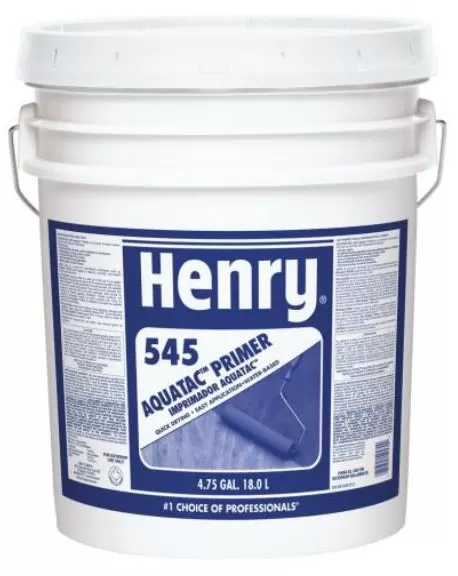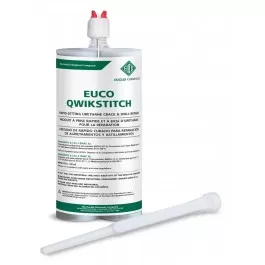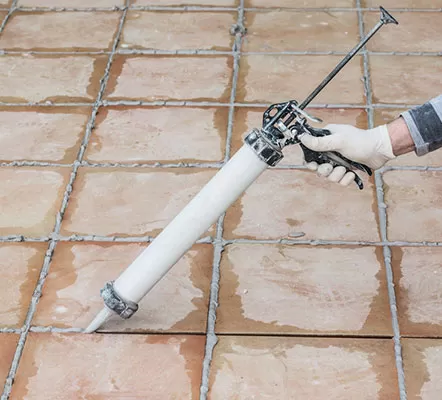Blog
Bituthene® 4000 Vs. 8000: What’s The Difference?
Bituthene® is a well-known waterproofing membrane used in various applications, including roofs, basements, and other structures. It is a reliable and trusted product that is used by professionals worldwide. However, there are two different varieties of Bituthene®, the 4000 and 8000, which have some slight differences that may make one more suitable for a particular job than the other.
This blog post will explore the differences between Bituthene® 4000 vs. 8000, helping you decide which is best for your project.
Bituthene® 4000
Bituthene® 4000 is a self-adhesive waterproofing membrane made from a unique blend of bitumen, polymers, and other additives. It is ideal for waterproofing applications in various areas, including foundation walls, basements, balconies, and green roofs. This creates a solid and durable waterproofing system that is easy to install and can be applied to various surfaces.
Bituthene® 4000 offers a variety of benefits that make it an ideal choice for waterproofing projects. It is highly flexible, allowing it to conform to most surfaces and contours, and it is also resistant to UV rays, chlorine, and other harsh environmental conditions. It has excellent adhesion properties and is resistant to water, chemicals, and salts, making it suitable for interior and exterior applications. In addition, it is easy to install and provides a long-lasting solution that can protect against water damage for many years.
Bituthene® 8000
Bituthene® 8000 is a self-adhesive and durable waterproofing membrane that is designed to protect surfaces against water and moisture damage. Bituthene® 8000 is a flexible, rubberized asphalt membrane composed of high-grade asphalt reinforced with a polyester mat. The membrane provides a strong bond with the underlying surface, creating an impenetrable barrier against the elements. The membrane is also UV-resistant, making it ideal for applications where exposure to sunlight is a concern. In addition, Bituthene® 8000 also has excellent adhesion to common building materials such as concrete, wood, plywood, and metal.
Bituthene® 8000 is suitable for various waterproofing applications, including below-grade, above-grade, and split-slab waterproofing. It can protect foundations, balconies, decks, and other exterior surfaces from water intrusion and damage. The membrane is easy to apply, with no special tools or equipment necessary. It can be applied directly to the substrate with a trowel or roller and used over various substrates, including concrete, masonry, and gypsum.
Comparisons
Comparing the properties of Bituthene® 4000 vs 8000 is necessary to choose the right one for your project. These are two of the most popular waterproofing membranes on the market. Both offer superior protection against moisture and are designed for use in various applications, including roofing, basements, and underground structures. But here are the areas where they are different.
- Installation Process
Bituthene® 4000 is a self-adhesive membrane requiring no special installation tools or equipment because it is thinner. Whereas, Bituthene® 8000 is a much thicker, more rigid membrane that requires a torch to install.
- Application areas
Bituthene® 4000 is a thick, rubberized asphalt-based membrane with excellent waterproofing and a durable, long-lasting seal. It also offers superior protection against UV radiation, making it an ideal choice for outdoor applications. Bituthene® 4000 is suitable for direct contact with potable water applications and is an excellent choice for waterproofing foundations and other structures.
Bituthene® 8000 is a modified bitumen membrane with a protective layer of polyethylene that provides superior waterproofing and UV protection. It is also highly resistant to punctures and tears, making it an excellent choice for areas subject to heavy traffic. It is also ideal for damp environments or areas subject to hydrostatic pressure.
- Thickness
The main difference between Bituthene® 4000 and 8000 is the thickness and rigidity of the membrane. Bituthene® 4000 is much thinner, allowing for easier installation and greater flexibility. However, it is not as durable as the thicker Bituthene® 8000. Bituthene® 8000 is much broader and more rigid, making it more suitable for applications that require more excellent protection from moisture and UV radiation.
Bituthene® 4000 and 8000 are two reliable and trusted waterproofing solutions. Both are formulated with a unique blend of polyolefin elastomers featuring a reinforced, cross-laminated polyethylene film that provides a strong and stable seal. Both products offer superior waterproofing protection and are highly recommended for various projects.




